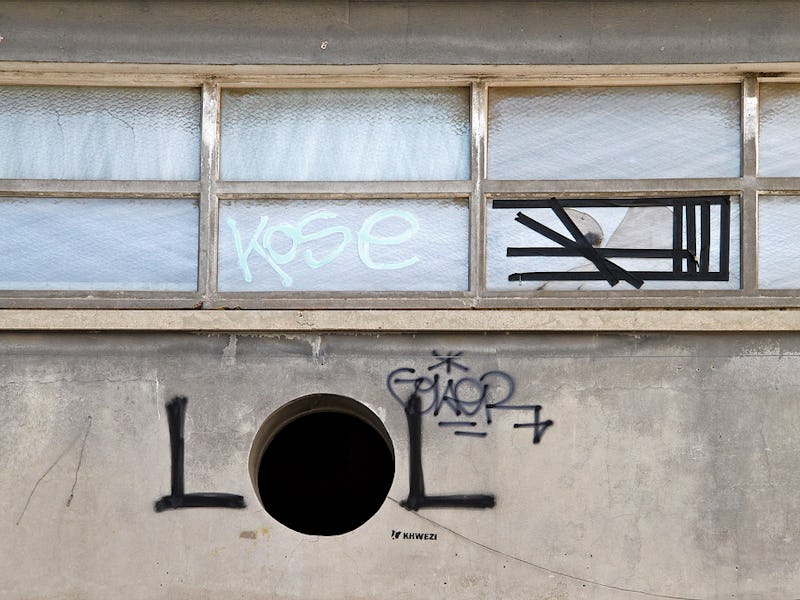What Does LOL Mean? Nothing Much Anymore
Haha, hehe, and emoji are edging out the old classic.

LOL, once the crown jewel of the e-laughter realm, is on its way out. After years at the top, its use is on the decline, according to a study conducted by Facebook’s Core Data Science Team. The way we laugh online is evolving, with emoji, “haha,” and “hehe” taking LOL’s place.
The Facebook research team analyzed posts and comments (de-identified ones, the team was careful to point out) from the last week of May that included at least one string of e-laughter. Users laughed in about 15 percent of posts and 52 percent of users stuck to the same “haha” e-laugh. Over 30 percent of users opted for emojis and roughly 12 percent of users went “hehe.”
The once-proud LOL was used by only 1.9 percent of commenters in the study.
It isn’t that surprising that the way you laugh online has a lot to do with your age. In their late twenties, LOLers are the oldest of Facebook’s e-laughing bunch — people who grew up in a time where touch screens and emoji hadn’t been invented and economical txt-speak was highly valued. Younger users, in comparison, have a wealth of options for e-laughter, including “haha” and “hehe.” The youngest of them choose to use emoji.
New e-laughter options may be edging old ones out, but LOL’s doing its damnedest to stay #relevant. Facebook didn’t report on it, but there’s no denying that LOL’s weird AF younger brother, “lolololololol,” is carrying its family legacy into the even-more-Internet age. Long live LOL.